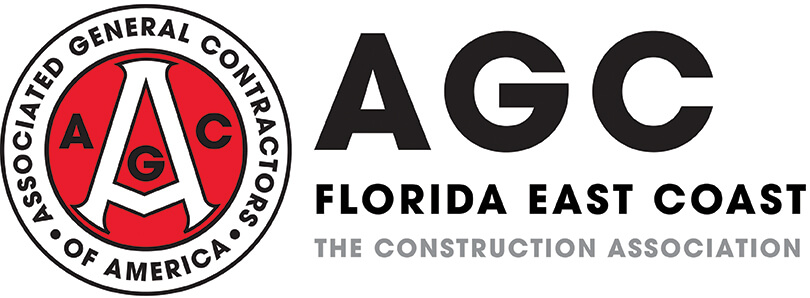Construction Firms Add 34,000 Jobs in August With Gains in All Subsectors as Industry Unemployment Rate Hits Record August Low of 3.2 Percent
Average Construction Pay Hits $35.81 an Hour as Recently Released Survey Results Indicate Firms Would Likely Have Hired Even More Workers if they Could Find Enough Qualified People to Add to their Payrolls
The construction sector added 34,000 jobs in August while the industry’s unemployment rate fell to 3.2 percent, the lowest August rate in the 25-year history of the data, according to an analysis of new government data the Associated General Contractors of America released today. Association officials noted that the unemployment rate and the results of a recently released workforce survey conducted by the association and Arcoro indicate that firms would likely have hired more workers if only they could find qualified people.
“Construction job growth was the strongest in five months in August,” said Ken Simonson, the association’s chief economist. “But the record-low unemployment rate for jobseekers with construction experience shows how much difficulty contractors face in finding qualified workers.”
Construction employment in August totaled 8,280,000, seasonally adjusted, an increase of 34,000 from July. The sector has added 228,000 jobs or 2.8 percent during the past 12 months, nearly double the 1.5 percent increase for total nonfarm employment.
All types of construction firms added employees in August. Nonresidential construction firms added 28,300 employees, including 800 at building firms, 14,000 at specialty trade contractors, and 13,500 at heavy and civil engineering construction firms. Employment at residential firms rose by 5,600, including 4,800 at builders and 800 at specialty trade contractors.
Average hourly earnings for production and nonsupervisory employees in construction—covering most onsite craft workers as well as many office workers—climbed by 3.8 percent over the year to $35.81 per hour. Overall private sector pay for production workers rose 4.1 percent, to $30.27. That difference in hourly pay constituted a wage “premium” of just over 18 percent compared to the overall private sector.
The unemployment rate among jobseekers with construction experience was 3.2 percent in August, the lowest August rate in the history of the series. Simonson remarked that this is another indication of steady demand for construction.
Association officials noted that the new employment data tracks with the results of a workforce survey the association and Arcoro released at the end of August. That survey found most contractors plan to add to their headcount, but 94 percent of firms that are hiring report having difficulty finding qualified workers to hire. The association urged federal officials to boost funding for construction education and training programs and to allow more people to lawfully enter the country to work in the industry.
“The jobs numbers would have been higher today if more firms could find qualified people to hire,” said Jeffrey D. Shoaf, the association’s chief executive officer. “Instead of boosting payrolls even further, contractors in many parts of the country are having to pass on bidding projects because there aren’t enough people to keep pace with demand.”
View the construction employment data.
